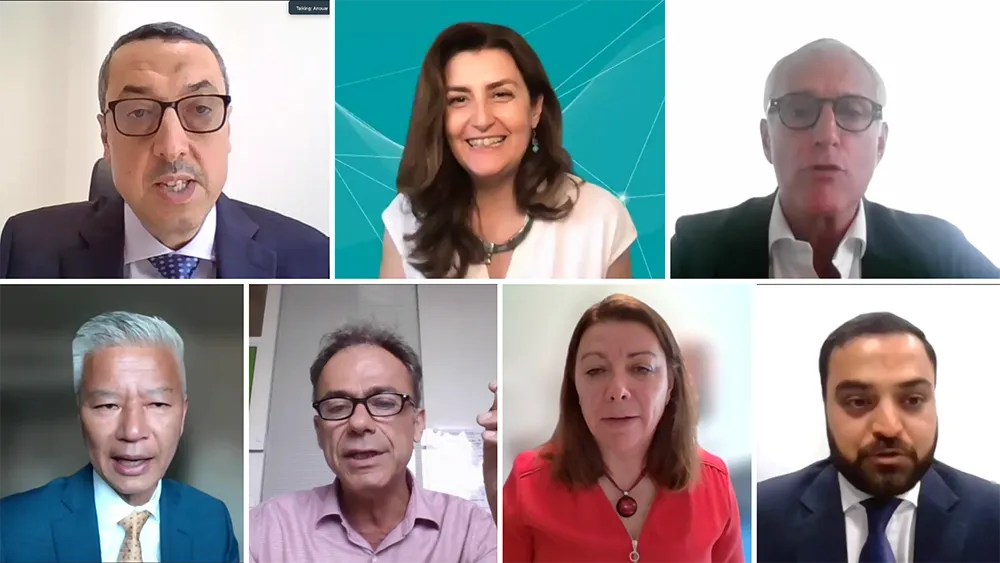Road transport pressure groups in Switzerland have criticised the Government's draft report on NAF, a national-road and agglomeration fund. While they are in favour of the general idea of the fund and its purpose, they reject details, like the plan for raising the mineral oil tax by either CHF 0.12 (€0.10) or CHF 0.15. They pointed to their initiative for making all funds generated with the mineral oil tax available to transport projects. The groups say that parliament and the people should decide on NAF an
May 13, 2014
Read time: 1 min
Road transport pressure groups in Switzerland have criticised the Government's draft report on NAF, a national-road and agglomeration fund. While they are in favour of the general idea of the fund and its purpose, they reject details, like the plan for raising the mineral oil tax by either CHF 0.12 (€0.10) or CHF 0.15. They pointed to their initiative for making all funds generated with the mineral oil tax available to transport projects. The groups say that parliament and the people should decide on NAF and their initiative at the same time. The pressure groups also said that they reject higher road transport fees. They say that the necessary projects can already be financed with the existing fees.







